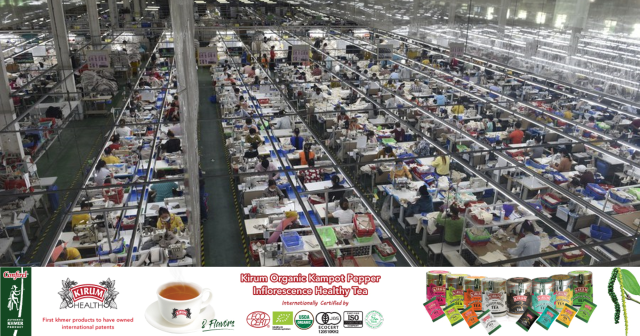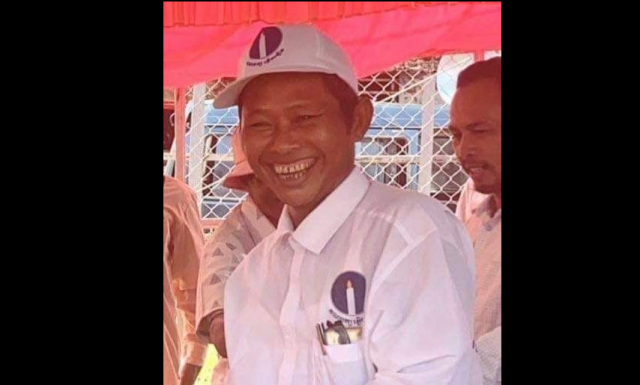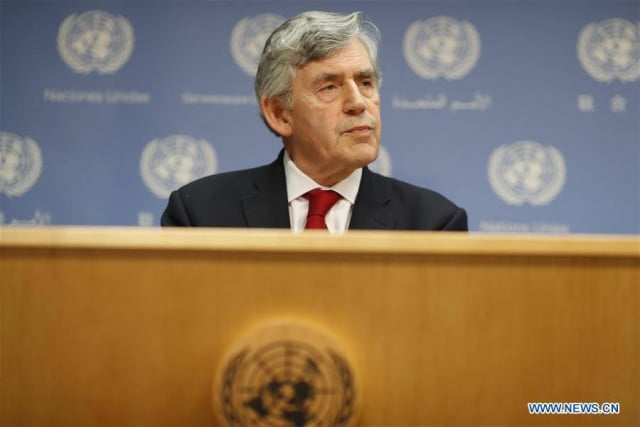Cambodia’s Stock Exchange: Eight Years Old and Growing Amid New Challenges

- Jazmyn Himel
- March 2, 2020 2:01 AM
A story filled with domestic and international challenges
PHNOM PENH--Even though the Cambodian stock exchange has been operating for eight years, its concept still is fairly new for most people in the country, according to Hong Sok Hour, CEO of the Cambodia Securities Exchange (CSX).
“We started with one listed company: the state-owned water utility company run by the government,” he said. “So, for the first two years, this was the only stock listed on our exchange.”
Establishing the CSX has proven quite a challenge, Sok Hour said. “In the beginning there was a lot of enthusiasm…but only for the first two weeks.” The continuous fall of stock after the first three days of trading led the public to lose interest, he said.
But the biggest stumbling blocks were of a different order, Sok Hour said. “First of all…recording books and tax compliance.” The lack of registered companies and the scale of non-tax compliance in the country played a significant role in slowing down the growth of the stock exchange, he said.
Then market conditions: Since stock prices have not performed well over the past few years, there is not much public interest in the CSX, Sok Hour said.
Finally, he said, “[s]ome regulatory authorities are still afraid of the instability that may be caused by the stock market as it has in other countries. The conservativeness of relevant government authorities: That is one of the obstacles as well.”
More recently, current events may have also taken a toll, Sok Hour said. “The trading momentum has decreased in the last few months, which could be a period of correction, or it could be linked to the coronavirus or the EBA.”
The spread of the Coronavirus Disease 2019 (COVID-19) and the uncertainties this is causing for businesses is currently affecting stock markets worldwide. Moreover, the suspension of the European Union’s Everything But Arms (EBA) trade scheme for Cambodia’s exports, which may take effect in August, may also be affecting the CSX. But finding out whether this is the case and to what extent would require in depth research, Sok Hour said.
In the meantime, with Cambodia’s Acleda Bank becoming the first commercial bank in the country to list its shares on the CSX, hopes are things will improve, he said.
Until recently, stock prices had increased over a period of 13 months, which might have been due to an increasing number of Chinese and Japanese investors, and the introduction of initiatives such as mobile trading, Sok Hour said.
“Normally businesses in Cambodia grow organically: They rely on their own sources of funds to run and start,” he said. “Companies should consider using other people’s money to grow their business.
I encourage companies to look into increasing their value instead of short-term profit,” Sok Hour said. “I encourage them to be open to other ways of running businesses [such as] accepting outside investments.”















